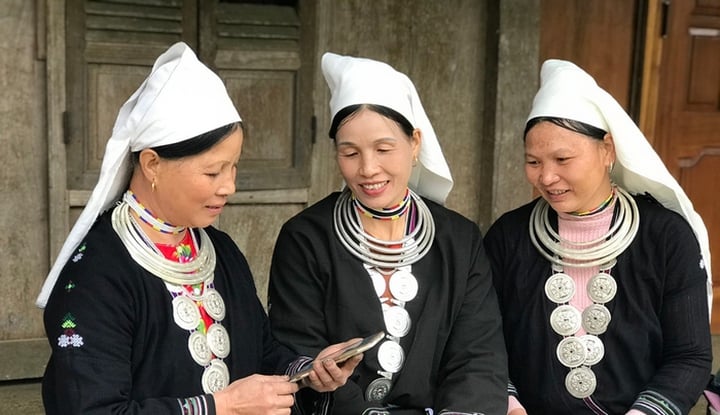
Digital transformation in a mountainous commune in Thanh Hoa still faces many difficulties
Thanh Hoa currently has 559 communes, wards and towns, of which more than 230 communes are in mountainous and border areas, where infrastructure conditions for telecommunications, electricity, Internet and technology equipment are still limited. The rate of households with smartphones is only about 65%, and only more than 30% of people in mountainous areas have level 2 electronic identification accounts.
In many places such as Bat Mot commune or Tan Thanh commune (Thuong Xuan district), administrative staff must both directly process documents and guide people to use the public service portal. Most people still have the habit of "submitting in person, receiving in person", considering the presence of officials a more reliable measure than operations on the screen.
Many people, especially the elderly, are not yet proficient in technology and have never even installed or logged into a public service account. In many villages, mobile phone signals are still weak and the Internet is unstable, making it difficult to fill out online application forms.
"I have a phone but don't know what to press", "the network is weak and I can't download the application", "I'm afraid of making a mistake so I have to go to the commune to be sure" are familiar sayings that clearly reflect the still quite large digital gap between the lowlands and the highlands.
Persistent steps from the grassroots
Realizing that the barrier lies not only in technology but also in psychology and skills, the commune authorities have proactively "brought technology to the villages". In Bat Mot commune, the community digital technology team model has been deployed to each village. Each team consists of commune officials, youth union members and police officers, responsible for "holding hands and guiding people", guiding them in filling out documents, submitting applications online, and looking up processing results.
In addition, the commune organizes mobile training sessions, bringing tablets and phones to each house, combining propaganda on loudspeakers, social networks Zalo, and community Facebook. Households with children going to school or people working far away are often chosen as "digital cores", both studying and instructing the villagers.
In Tan Thanh commune, the youth union members have become a "technology bridge", supporting people in every step: from logging into the public service portal, choosing procedures, to receiving results via email or QR code. Officials at the Public Administration Center not only receive documents but also act as "digital companions", patiently guiding and explaining the benefits of working online: faster, more transparent, and reducing travel costs.
From changing perceptions to changing behavior
Thanks to direct instruction activities, people's awareness is gradually changing. Many young households have become accustomed to registering births, applying for temporary residence confirmation, health insurance or school documents online.
According to statistics from the Department of Science and Technology, by September 2025, the rate of people using online public services in mountainous areas, although only reaching about 22%, has doubled compared to the same period last year. Some localities such as Quan Son, Muong Lat, and Ba Thuoc have seen the rate of online records increase by an average of 5-7% per quarter.
In particular, the model of "Digital Technology Day in the Village" launched by the province since the beginning of 2025 has become a bright spot: every month, commune and district digital technology teams and telecommunications enterprises coordinate to organize free training sessions, helping people practice directly submitting documents, registering for identity accounts, or downloading VNeID and VNePay applications.
There are still many challenges to overcome.
However, the path to digitizing public services in mountainous areas still faces many obstacles. Internet infrastructure is not yet fully covered; technology equipment is lacking and outdated; IT human resources at the commune level are still thin, most of them are part-time staff, not properly trained.
Maintaining connection and synchronizing data between the provincial public service portal and the system of the central ministries and branches is sometimes interrupted. Some specific procedures such as land, household registration, social security, etc. still require original paper records, making it impossible for people to completely "digitalize administration".
It is also necessary to recognize that digital transformation in mountainous areas cannot be just about installing software or opening network access points, but is a process of changing habits, skills and even mindsets in accessing public services. All policies and technologies must be easy to understand, easy to use and suitable for the people.
Towards an administration that is close to the people, friendly and smart
To overcome the "digital gap", Thanh Hoa province is focusing on three groups of solutions:
Investing in digital infrastructure in mountainous areas: cooperating with telecommunications enterprises such as Viettel, VNPT, MobiFone to expand 4G coverage, moving towards 5G in border districts; equipping communal administrative centers with tablets and mobile devices.
Improve staff capacity: deploy training courses on digital skills, data management, and information security; strive to have 100% of commune-level staff trained in online public service operation skills by 2026.
Increase citizen-government interaction: Develop the mobile application "Thanh Hoa Digital" to allow online searching, submission of documents, feedback and assessment of citizen satisfaction.
By 2030, Thanh Hoa strives to have 80% of public services eligible for full online provision, 50% of administrative records of highland people processed in the digital environment, contributing to the realization of Resolution No. 57-NQ/TW of the Politburo on science, technology development, innovation and national digital transformation.
From "hands-on" sessions in border villages to modern public administration centers, the journey of bringing online public services to every highland resident is expanding day by day. It is not only a story of technology, but also a journey of cultivating trust so that every citizen, even in the most remote places, can enjoy equal rights in a serving, public, transparent and friendly administration.
Source: https://mst.gov.vn/thanh-hoa-thu-hep-khoang-cach-so-o-vung-cao-hanh-trinh-dua-dich-vu-cong-truc-tuyen-den-tung-ban-lang-19725110412334381.htm


![[Photo] Ho Chi Minh City Youth Take Action for a Cleaner Environment](https://vphoto.vietnam.vn/thumb/1200x675/vietnam/resource/IMAGE/2025/11/04/1762233574890_550816358-1108586934787014-6430522970717297480-n-1-jpg.webp)

![[Photo] Panorama of the Patriotic Emulation Congress of Nhan Dan Newspaper for the period 2025-2030](https://vphoto.vietnam.vn/thumb/1200x675/vietnam/resource/IMAGE/2025/11/04/1762252775462_ndo_br_dhthiduayeuncbaond-6125-jpg.webp)
![[Photo] Ca Mau "struggling" to cope with the highest tide of the year, forecast to exceed alert level 3](https://vphoto.vietnam.vn/thumb/1200x675/vietnam/resource/IMAGE/2025/11/04/1762235371445_ndo_br_trieu-cuong-2-6486-jpg.webp)

![[Photo] The road connecting Dong Nai with Ho Chi Minh City is still unfinished after 5 years of construction.](https://vphoto.vietnam.vn/thumb/1200x675/vietnam/resource/IMAGE/2025/11/04/1762241675985_ndo_br_dji-20251104104418-0635-d-resize-1295-jpg.webp)























































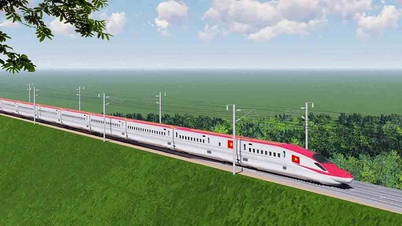
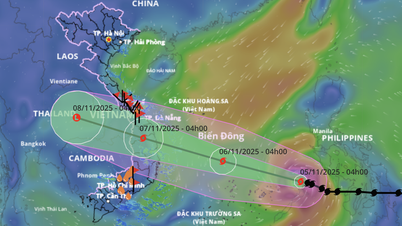

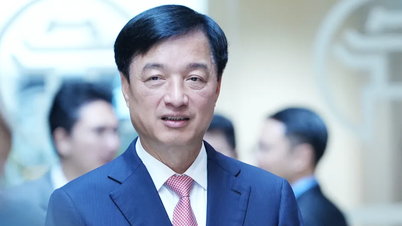


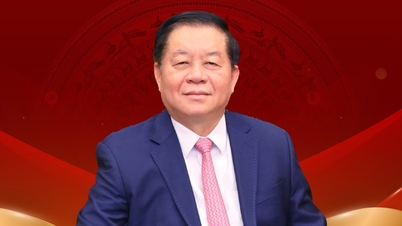




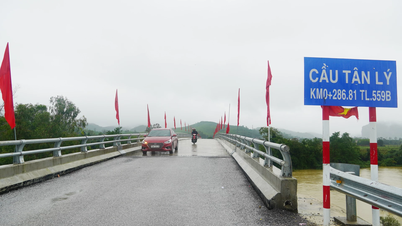

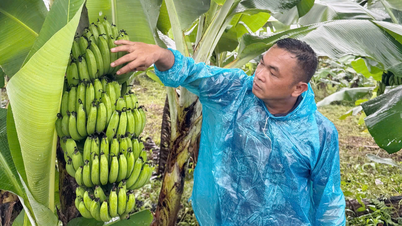


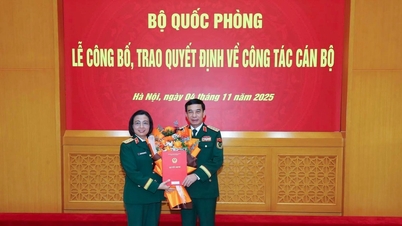
















Comment (0)